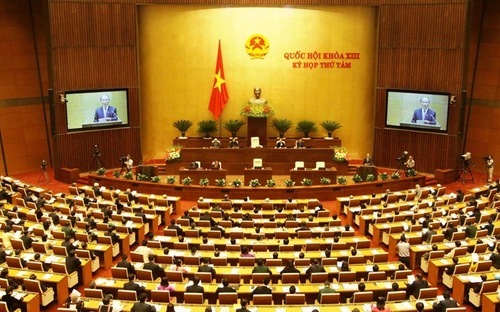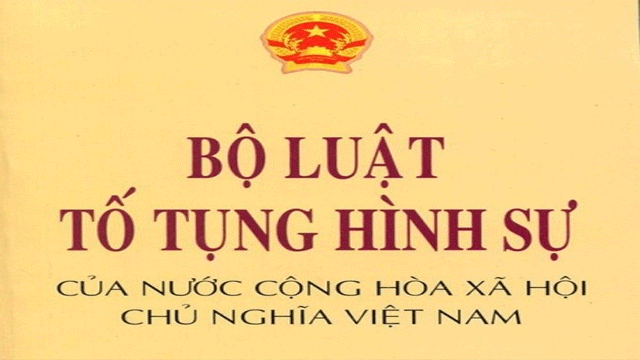The 2015 Penal Code, effective on July 01, 2015, stipulates that relatives concealing a crime are not subject to criminal liability, except in cases of concealing crimes that infringe upon national security or other particularly serious crimes as prescribed in Article 398 of this Code.
Penal Code 1999 stipulates the act of concealing a crime:
“Anyone who, without prior promise, but after knowing that the crime was committed, conceals the offender, traces, or physical evidence of the crime, or commits other acts obstructing the detection, investigation, and handling of the offender, shall be criminally liable for concealing a crime in cases specified by this Code.”
When meeting the criteria for the act of concealing the offender, traces, or physical evidence of the crime, or committing other acts obstructing the detection, investigation, and handling of the offender, although without prior promise but upon knowing the crime was committed, carries out the concealment for offenses stipulated in Clause 1, Article 313 of the Penal Code 1999, shall be criminally liable for concealing a crime without distinguishing the subjects performing the act.
However, Article 18 of the Criminal Code 2015 stipulates the concealment of crime as follows:
“1. Anyone who, without prior promise, but after knowing that the crime was committed, conceals the offender, traces, or physical evidence of the crime, or commits other acts obstructing the detection, investigation, and handling of the offender, shall be criminally liable for concealing a crime in cases specified by this Code.
- Those who conceal a crime and are grandparents, parents, children, grandchildren, siblings, or spouses of the offender shall not be criminally liable per Clause 1 of this Article, except for cases of concealing offenses that infringe national security or other extremely serious offenses specified in Article 389 of this Code.”
Persons concealing a crime, who are grandparents, parents, children, grandchildren, siblings, or spouses of the offender, are only criminally liable in cases of concealing offenses that infringe national security or other extremely serious offenses.
In reality, it is understandable that close relatives like parents, spouses, or siblings often conceal the criminal acts of their family members. This stems from traditional ethics, Vietnamese cultural values, and the close-knit relationship within a family, leading to the protective behavior among family members.
The above regulation reflects the humanitarian nature of the state, taking into account other factors such as family ethics and the close relationship among family members.
Linh Trang
 Article table of contents
Article table of contents





.Medium.png)
.Medium.png)
.Medium.png)
.Medium.png)
